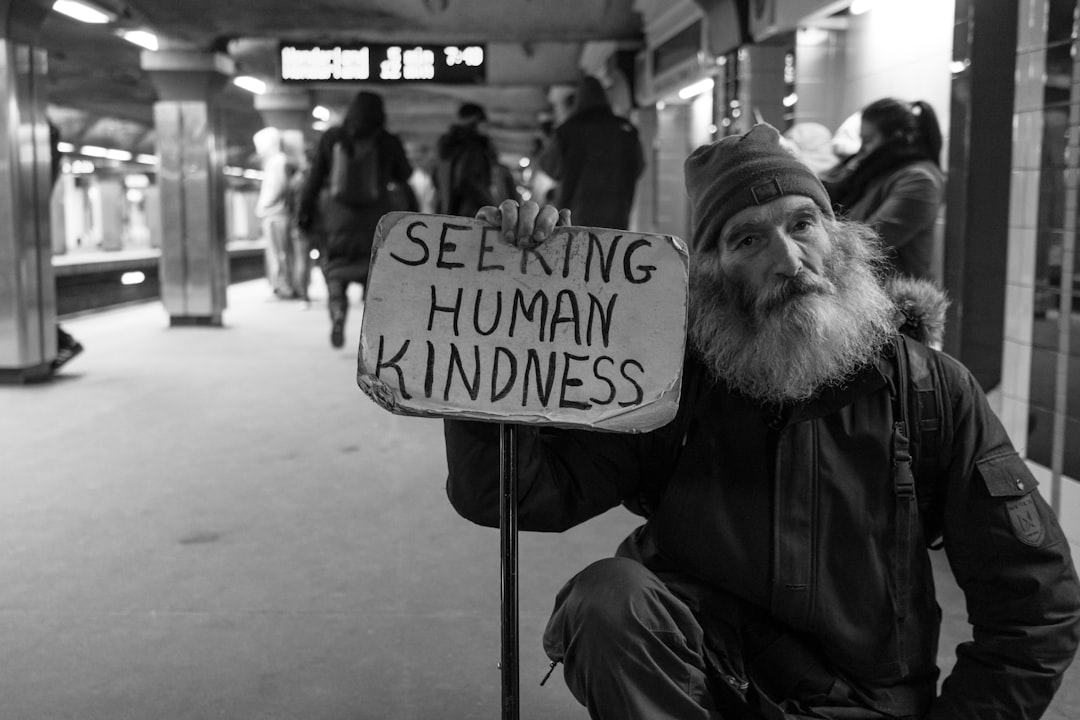On Accountability
One man killed Jordan Neely. But a whole country failed him.

On Tuesday, I was walking to the subway stop at Smith-9th street in Brooklyn, and a man was outside the station doors punching the air and throwing his body erratically in every direction. He was shirtless, red in the face, yelling, clearly distressed and agitated. I paused, wondering if getting too close would result in a punch to the face. But I had to get the train, and there was no other way into the station.
I was fine; he punched in another direction as I scooted by. And, like everyone else I saw in and around the station, and just like every other time I’ve seen some pretty serious dysfunction on the subway and on the streets of New York City, I didn’t seek out the police or say anything to the MTA worker inside. What were they going to do to actually help? Calling the police to deal with mental health crises poses a risk of some very real harm. But so does not doing anything.
Every time I see a clearly mentally ill person behaving in such a volatile way, I think: He really needs help, but I also know that, in that particular moment, the cops aren’t a great option, this isn’t the job of the MTA worker behind the desk, and no one from 311 is going to come running. Plus, this is just the reality of life in the city — am I really going to phone it in every time I see a person who is agitated or even scary but hasn’t hurt anyone? So I keep walking.
This happens a lot.
Last week, 30-year-old Jordan Neely was killed on the subway, after a former marine named Daniel Penny put him in a chokehold for some 15 minutes. By all accounts, Neely was behaving in the kind of erratic way that seems, at least to me, increasingly standard on city subways: Yelling and upset, but not — at least according to any account I’ve seen — directly threatening, attacking, or menacing any individual.
The killing of Jordan Neely on the New York City subway was the fault of one man: Daniel Penny, who put Neely in a chokehold and ended his life. But the killing of Jordan Neely on the New York City subway is also the fault of a city and a whole country – it’s the failure of a nation to keep its citizens safe and to provide them the basic care they need.
Keep reading with a 7-day free trial
Subscribe to Jill Filipovic to keep reading this post and get 7 days of free access to the full post archives.
